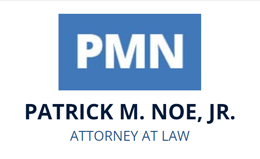Your prenuptial agreement and your divorce
If, like many others in New York State, you signed a prenuptial agreement, you may wonder about its implications for your divorce. Prenuptial agreements may contain provisions governing spousal maintenance, property distribution and other issues, which may differ from how a court would decide based on New York law. Courts cannot eliminate or reduce child support or require either party to go against the law.
Sometimes, people may want to know whether they can challenge the prenup or a particular provision in it. While courts usually favor upholding a written document signed by both parties, they will also consider evidence that goes the other way.
Fraud
Generally, to have grounds to invalidate a prenup, one must submit evidence that the signing of the prenup involved fraud or duress by the other party. Courts evaluate whether these factors were present sufficiently to invalidate the agreement based on the specific facts of each case. Typically, fraud involves concealing or misrepresenting one’s financial situation in a way that would affect the other person’s decision to sign the prenup.
Unfairness
Courts may also delete or change a provision they deem exceedingly unfair in light of current circumstances while enforcing the rest of the agreement. When making this determination, judges may take into consideration how implementing the prenup’s provisions as they stand would affect the best interests of minor children.
Duress
Coercion may be psychological and does not necessarily have to involve physical threats. However, courts have a fairly high standard. For instance, threatening to call off the wedding at the last minute may not qualify as duress that would invalidate the agreement.
Legal professionals often recommend that each party have a separate attorney review the prenup and provide advice before signing. However, using the same lawyer or not consulting one at all would not necessarily invalidate the prenup, though it may lead the court to scrutinize the agreement and the circumstances of the signing more closely. A person may also knowingly waive some types of financial disclosure or legal review of the document.

